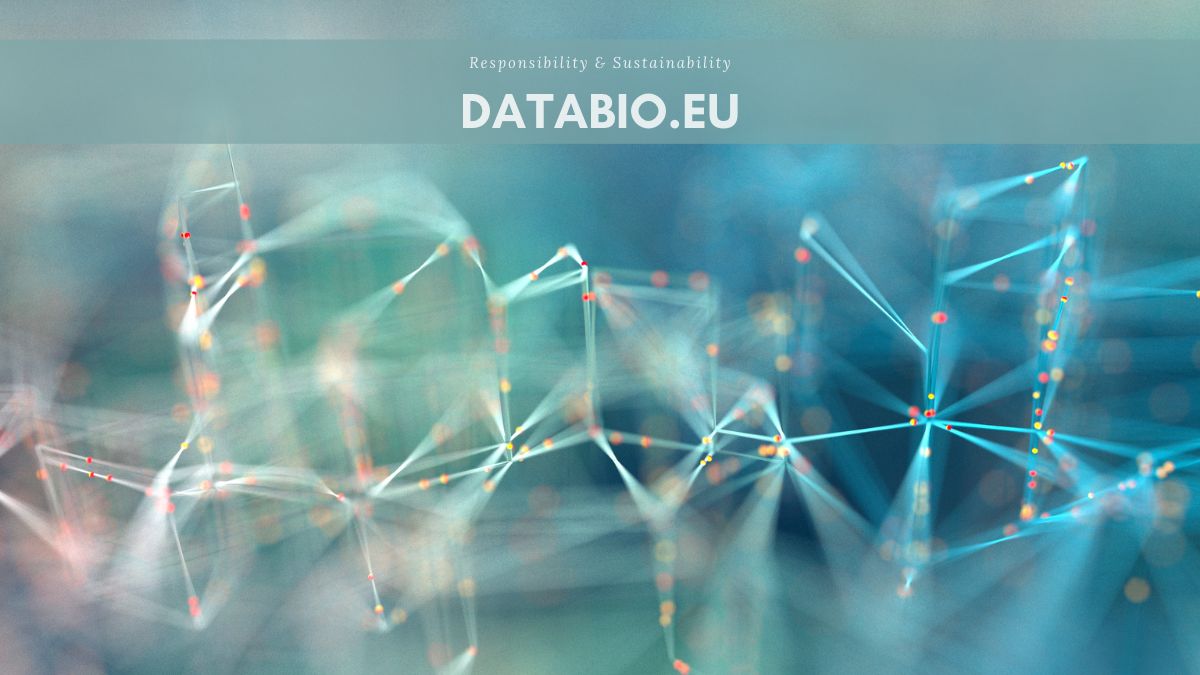The primary objective of the Data-Driven Bioeconomy (DataBio) project is to optimize the production of raw materials from agriculture, forestry and fisheries for the bioeconomy sector. The ultimate goal is to ensure responsible and sustainable production of food, energy and biomaterials. To achieve these goals, DataBio uses innovative information and communication technologies (ICT) and information flows, focusing on proximal and remote sensors. The project creates a streamlined big data infrastructure for efficient data discovery, retrieval, processing, and visualization to enable informed decision making for bioeconomy business operations.
The Concept and Approach
- Big data sets are characterized by their heterogeneity, unstructured nature, and complexity, making them challenging to process.
- Often, valuable data is intended for real-time use and is not adequately preserved for later use.
- In the coming years, big data is expected to grow exponentially as more and more data is created, processed, and stored. However, no single infrastructure can handle this immense workload on its own.
DataBio aims to address these challenges by implementing an advanced, interoperable big data platform that builds on the existing infrastructure of its partners. This platform will provide users with diverse profiles access to the underlying high performance computing capabilities, allowing them to take full advantage of its benefits.
Planned Achievements
- Demonstrate increase of productivity in bioeconomy
- Increase of market share of Big Data technology providers in the bioeconomy sector
- More than double the use of Big Data technology in bioeconomy
- Leveraging additional target sector investments by a factor of >5
- More than 100 organizations in demonstrations
- Liaison with other Big Data actions
- Closely working with BDVA
Latest articles

